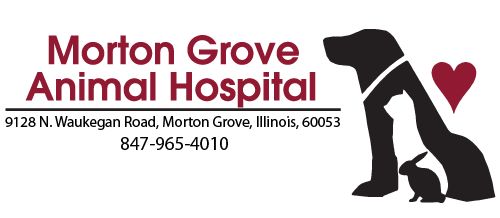Pet Health Articles
-
Ophthalmic autologous serum is a blood-derived product used to treat corneal ulcers in animals. Ophthalmic autologous serum is part of the blood and is collected directly from the patient. It is in liquid form.
-
Silver sulfadiazine topical is an antimicrobial used to treat skin infections and burns in cats, dogs, and exotic pets. It is used off label in veterinary medicine. Silver sulfadiazine topical comes in a topical cream.
-
Sucralfate is given by mouth and is used off-label to treat ulcers and erosions in the mouth, esophagus, stomach, and upper small intestine. Give as directed. Side effects are uncommon but may include constipation. Do not use in pets that are allergic to this medication. If a negative reaction occurs, please call your veterinarian.
-
Sulfadiazine/trimethoprim is given by mouth in the form of a liquid suspension or is given by injection in the hospital. It is commonly used to treat bacterial and parasitic infections, sometimes off label, in dogs, cats, small mammals and other exotics. Common side effects include a decreased appetite, vomiting, and diarrhea, although more serious side effects are possible, such as dry eye, or liver, blood, or urinary problems. Do not use in pets that have severe liver damage, blood cell problems, dehydration, or sulfa allergies. If a negative reaction occurs, please call your veterinary office.
-
Sulfadimethoxine is an antimicrobial given by mouth in the form of a tablet or liquid suspension, used primarily to treat coccidiosis. Its use for treating small mammals and reptiles is off label. Common side effects include vomiting, diarrhea, and decreased appetite. This medication should not be used in pets that are allergic to it, pregnant, lactating, or have severe liver or kidney dysfunction. If a negative reaction occurs, call your veterinary office.
-
Sulfamethoxazole/trimethoprim is given by mouth in the form of a liquid suspension or is given by injection in the hospital, and it is commonly used to treat bacterial and parasitic infections, sometimes off label, in dogs, cats, small mammals, and other exotics. Common side effects include a decreased appetite, vomiting, and diarrhea, although more serious side effects are possible such as dry eye, or liver, blood, or urinary problems. Do not use in pets that have severe liver damage, blood cell problems, dehydration, or sulfa allergies. If a negative reaction occurs, please call your veterinary office.
-
Sulfasalazine is given by mouth and is used off label to treat inflammatory large bowel disease and vasculitis. Give as directed by your veterinarian. Side effects include dry eye, decreased appetite, vomiting, yellowing of the skin, eyes, or body fluids. Do not use in pets that are allergic to it or other sulfonamides or salicylates, or in Doberman Pinschers, Miniature Schnauzers, or Samoyeds, or in pets with dry eye/KCS, intestinal or urinary blockages, or severe dehydration. If a negative reaction occurs, please call your veterinary office.
-
Tetracycline is given by mouth and is used off label to treat bacterial infections and inflammatory skin conditions in many animal species. The most common side effects include nausea, vomiting, diarrhea, and lack of appetite. Do not use in pets that are allergic to it or other tetracycline antibiotics, or in pregnant animals, especially in the first half of pregnancy. If a negative reaction occurs, please call your veterinary office.
-
Topical omega-3 fatty acids are found in various skin support products for pets to promote a healthy skin and coat in dogs, cats, small mammals, and horses. These products, such as Dermoscent® Atop 7®, are often used in combination with omega-6 fatty acids to enhance overall health and reduce inflammation. They can also help decrease itching associated with certain skin diseases.
-
Tramadol is a synthetic opioid given by mouth in the form of a tablet, capsule, or compounded liquid, and is used off label to treat pain. Common side effects include sedation, gastrointestinal upset, or agitation. It should not be used in pets that are hypersensitive to opioids, and should be used cautiously in geriatric, sick, or pets with seizures. If a negative reaction occurs, call your veterinary office.


